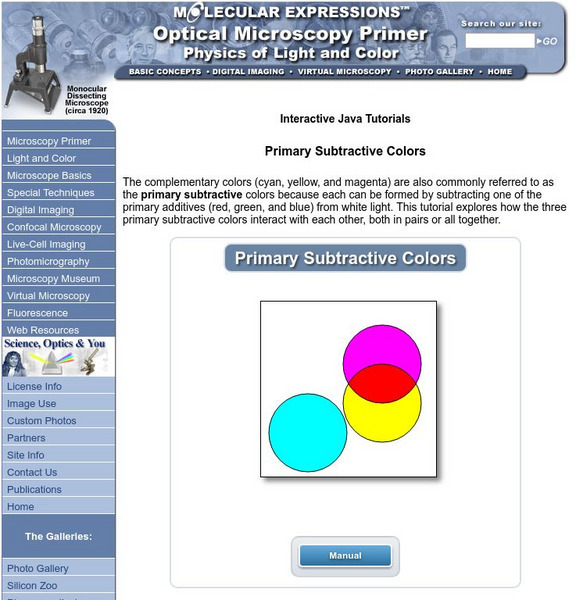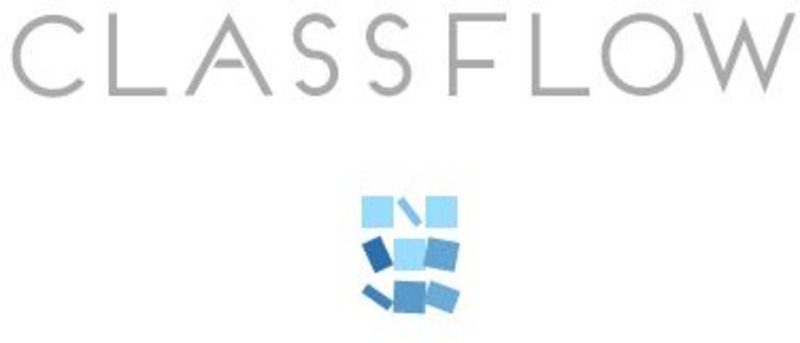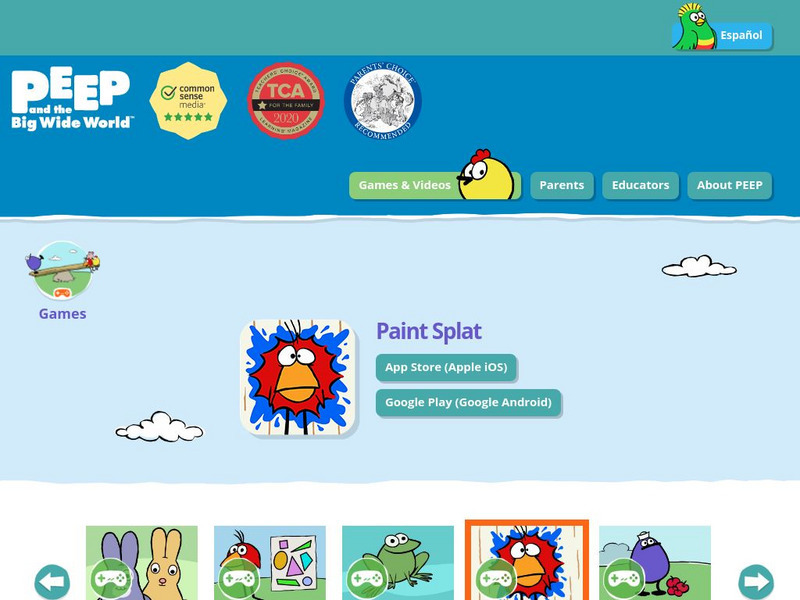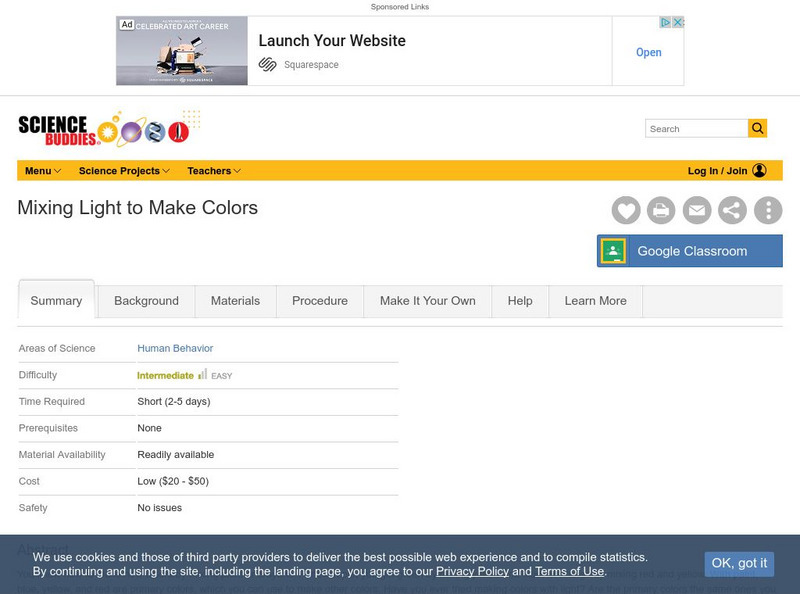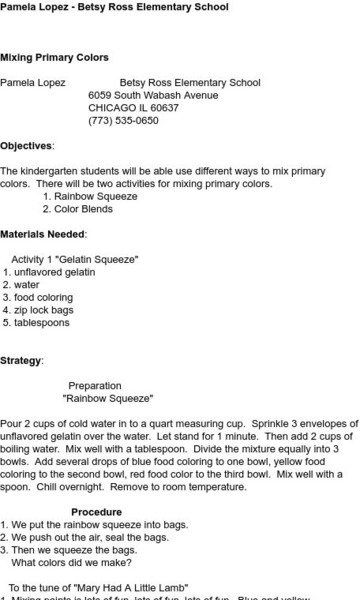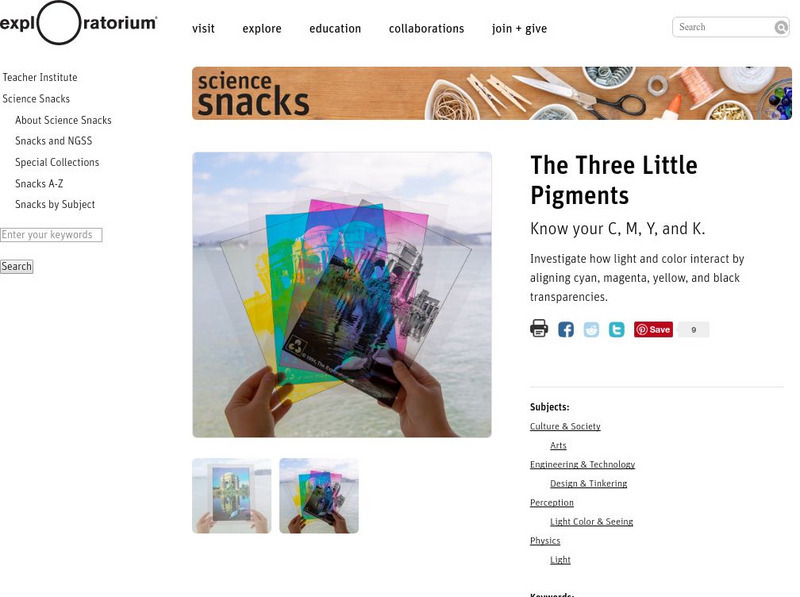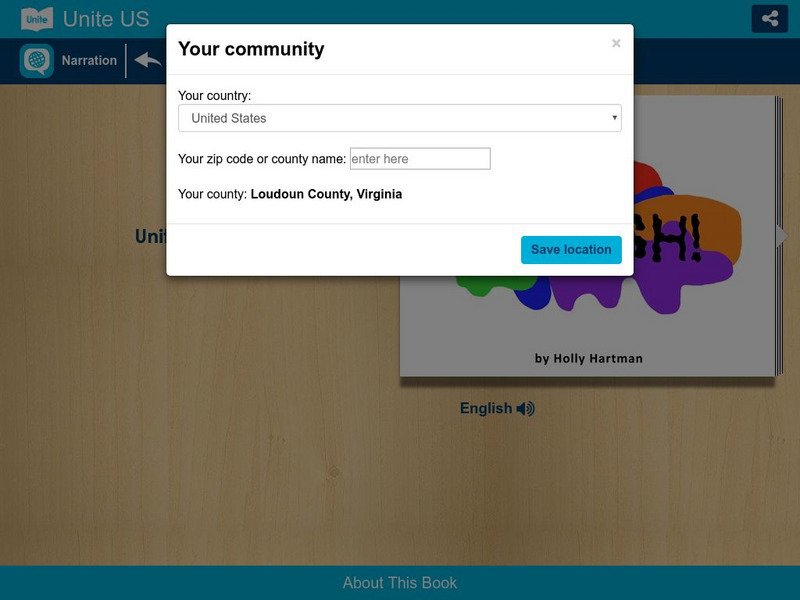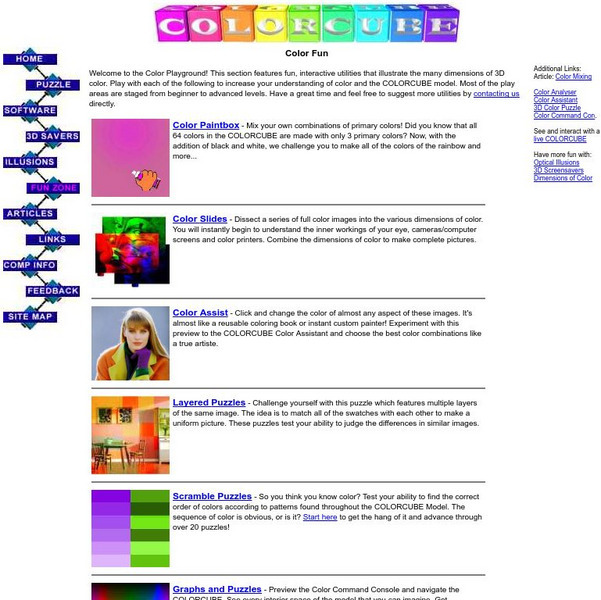Curated OER
Paste Paper
Students watch the teacher demonstrate the process of making paste paper. They create their own wheat paste papers following the example of the teacher. Students make several pieces of paste paper, and use them to make collages.
Alabama Learning Exchange
Leo Lionni’s Little Blue and Little Yellow
Students use the Internet to research the author Leo Lionni, then rewrite and illustrate one of his stories.
Curated OER
Very Hungry Caterpillar - Tissue College
Students create tissue collages using paints, tissue paper, and glue in this cross-curricular art/literature lesson based upon the artwork of Eric Carle. Emphasis is placed upon the term collage and practicing collaging techniques.
Children's Discovery Museum
Children's Discovery Museum of San Jose: Color Mixing for the Senses
Learn all about color mixing and how layering primary colors can create a brand new color in this fun activity.
Other
Golden Artist Colors: Color Mixing Guide
Golden Artist Colors presents a guide to mixing acrylic paint. An explanation of color theory and mixing color with paint is included on this site. There are also color charts and exercises that can be done with paint that explore how...
Florida State University
Florida State University: Molecular Expressions: Primary Subtractive Colors
Manipulate "pigmented" color discs to see how mixing subtractive colors affect the overall color.
ClassFlow
Class Flow: Color Mixing
[Free Registration/Login Required] This is an elementary primer to mixing colors in art and is a great resource for beginning artists with activity pages for kids to demonstrate their understanding of primary and secondary colors.
PBS
Wgbh: Peep and the Big Wild World: Games: Paint Splat
Young players will enjoy this cleverly animated color-mixing game that guides them through the process of mixing and matching colors. [All instructions and prompts are voiced, not written, making this an excellent resource for English...
Science Buddies
Science Buddies: Mixing Light to Make Colors
You know how to make new colors by mixing paint or crayons. For example, you get green by mixing yellow and blue, or orange by mixing red and yellow. With paint, blue, yellow, and red are primary colors, which you can use to make other...
Other
Tooter4kids: Light and Color
You'll find a wealth of resources at this site dedicated to color! Easy-to-read discussions can be found on topics ranging from the science of light to complementary colors and the color wheel. All special terms are highlighted and...
Other
Mixing Mouse Tracks
This art idea is based off the children's book "Mouse Paint" by Ellen Stoll Walsh. A fun way to introduce young learners to the primary and secondary colors through simple mixing exercises.
Science Education Resource Center at Carleton College
Serc: Water Color Mixing
In this classroom lab activity, students will experiment with mixing the primary colors together: red, yellow, and blue, to determine what new colors may be observed.
Alabama Learning Exchange
Alex: Leo Lionni's a Color of His Own
Students will summarize a Leo Lionni story through drawing and writing. Students will also mix the three primary colors to make secondary colors.
Science and Mathematics Initiative for Learning Enhancement (SMILE)
Smile: Mixing Primary Colors
Primary elementary lesson plan about primary colors. One rainbow activity and one blending activity.
University of Manchester
Children's University of Manchester: Talking Textiles: The Color Wheel
Interactive resource explains primary, secondary, tertiary, and complementary colors, the symbolic content of color, and the relationship between color and mood.
Science Education Resource Center at Carleton College
Serc: Mn Step: Replicating Colors: Using Tints, Shades and Primary Colors
For this activity, students are asked to mix paints that match a muted color they choose, in order to create a formula for the color. Other students then try to recreate their color.
Exploratorium
Exploratorium: Science Snacks: The Three Little Pigments
For this activity, you print different colors of the same image onto acetate, then explore the different color effects you get when they are overlaid on each other in various combinations.
Other
60 Second Science: Color Exploration I (Primary Colors Lesson Plan)
Discover what primary colors are and explore ways in which red, yellow, and blue can be mixed to create new colors.
Unite for Literacy
Unite for Literacy: Create and Play: Squish!
A book about the primary and secondary colors. Includes audio narration in 16 additional languages with text in English.
Other
Color Cube: Color Fun
Six activities sure to engage students of any age! Interactive games and puzzles let you play with color and create your own unique designs!
Other
Watercolor painting.com: Color Theory
A great introduction to color theory with colorful illustrations and examples.
ClassFlow
Class Flow: Color Theory
[Free Registration/Login Required] This flipchart introduces students to the concept of primary, secondary and tertiary colors. The lesson concludes with an activity in which students create their own color wheel from mixing colors and...
TeachEngineering
Teach Engineering: Rgb to Hex Conversion
Students practice converting between RGB and hexadecimal (hex) formats. They learn about mixing primary colors in order to get the full spectrum of colors and how to average pixel values.
Science Education Resource Center at Carleton College
Serc: Rainbow Milk
This activity is designed for students to learn that primary colors mixed together make secondary colors. They will also experiment with how fat and soap molecules repel each other in water.







